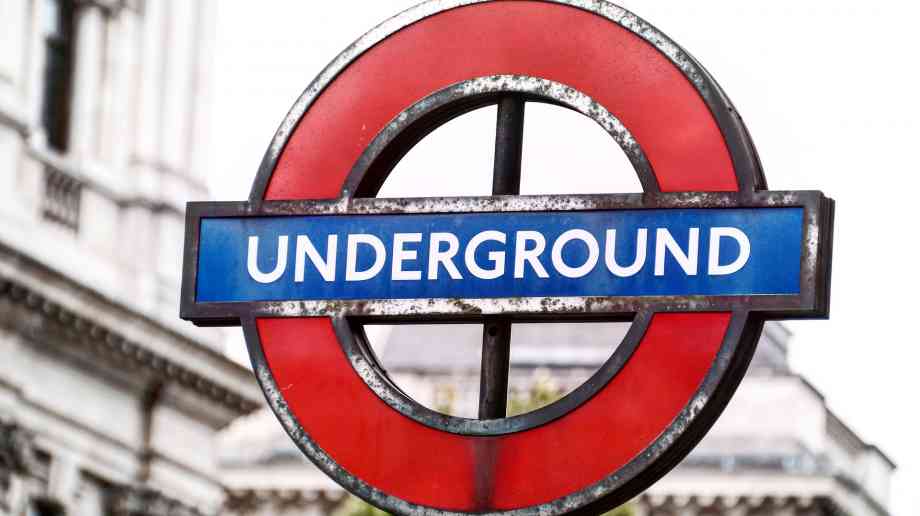Sue Robb of 4Children talks to Julie Laughton and Alison Britton from the Department for Education about the role of childminders in delivering the 30 hours free entitlement.
Khan urged to make London transport fairer

The Mayor of London has been urged to review fare structures and fare freeze, zones and concessions to make the capital’s transport system fairer.
The Centre for London report, Fair access: Towards a transport system for everyone, examines transport fairness in relation to how affordable, connected and accessible the transport network is to different groups. It finds that low connectivity and affordability of public transport in different parts of the capital impacts the ability of Londoners on low incomes to travel for work, education, healthcare or personal reasons.
The think tank claims that 46 per cent of the most deprived Londoners face the challenge of poor transport connections. This is emphasised in pockets of inner London such as north Peckham and north Kensington, where the combination of high housing and transport costs and low wages squeezes disposable incomes. Neighbourhoods with average monthly residual incomes below £850 per household are particularly concentrated in parts of Havering, Enfield, Haringey and Brent, and are less common in south London.
A Savanta ComRes poll commissioned for the research found that only 38 per cent of people with a monthly take-home income of £1,000 or less use the Tube and Overground at least once a week, compared to 61 per cent of people with a monthly take-home income of over £2,000.
At the same time, poorer Londoners spend a higher percentage of their income on transport costs. Londoners with a monthly take-home income of £1,000 or less spend an average of £90 a month – or 13 per cent of their income – on transport, compared to £176 – or 5 per cent of income – for those with a monthly take-home income of over £2,000.
The report recommends that zone boundaries should be kept under review to ensure they reflect the shifting geographies of poverty and affordability. This could include reviewing zones for stations that are in low-affordability areas such as Becontree in Barking and Dagenham, or Seven Sisters, South Tottenham and Tottenham Hale in Haringey.
Finally, to address the embedded inequalities in London’s transport system, the report calls on the Mayor to re-evaluate how decisions are made about transport investment across the city, to place greater emphasis on the travel needs of disadvantaged Londoners, while providing better transport infrastructure for areas of low connectivity.
Silviya Barrett, research manager at Centre for London, said: “Public transport has a huge impact on Londoners’ lives connecting them to each other as well as to places of work, education, healthcare, and culture. But the capital’s transport system doesn’t offer the same benefits to everyone.
“Poorer Londoners struggle with high transport costs. Parts of the city – especially on the outskirts – are poorly served by public transport and have a higher reliance on cars. Large parts of the network remain inaccessible to disabled and older Londoners. The Mayor and Transport for London may have limited powers over Londoners’ incomes or life circumstances, but there is much they can do to make transport truly inclusive. Reviewing fare structures and zones is one place to start, but ensuring that equity is a central consideration in all transport planning and investment decisions would create fairer access for everyone.”
Company Focus
Just Lanyards is a subsidiary name of Gifts 2 Impress Limited, who have been trading for over 25 years, we therefore pride ourselves in having endless experience covering all aspects of the promotional merchandise industry.
Event Diary
UKREiiF has quickly become a must-attend in the industry calendar for Government departments and local authorities.
The multi-award-winning UK Construction Week (UKCW), is the UK’s biggest trade event for the built environment that connects the whole supply chain to be the catalyst for growth and positive change in the industry.
Supplier Profiles
Geo Energy
At GeoEnergy Design, we're on a mission to disrupt the traditional way heating and cooling ha
Latest Features
Professor Harith Alani, director of the Knowledge Management Institute at the Open University explains how AI can be used for good and bad.
Alex Lawrence, head of health & social care, techUK sets out techUK’s Five Point Plan for CareTech.

















